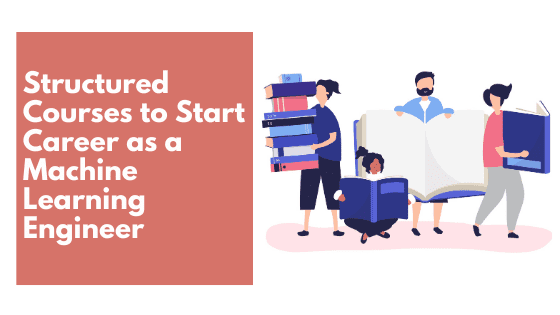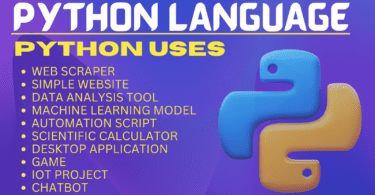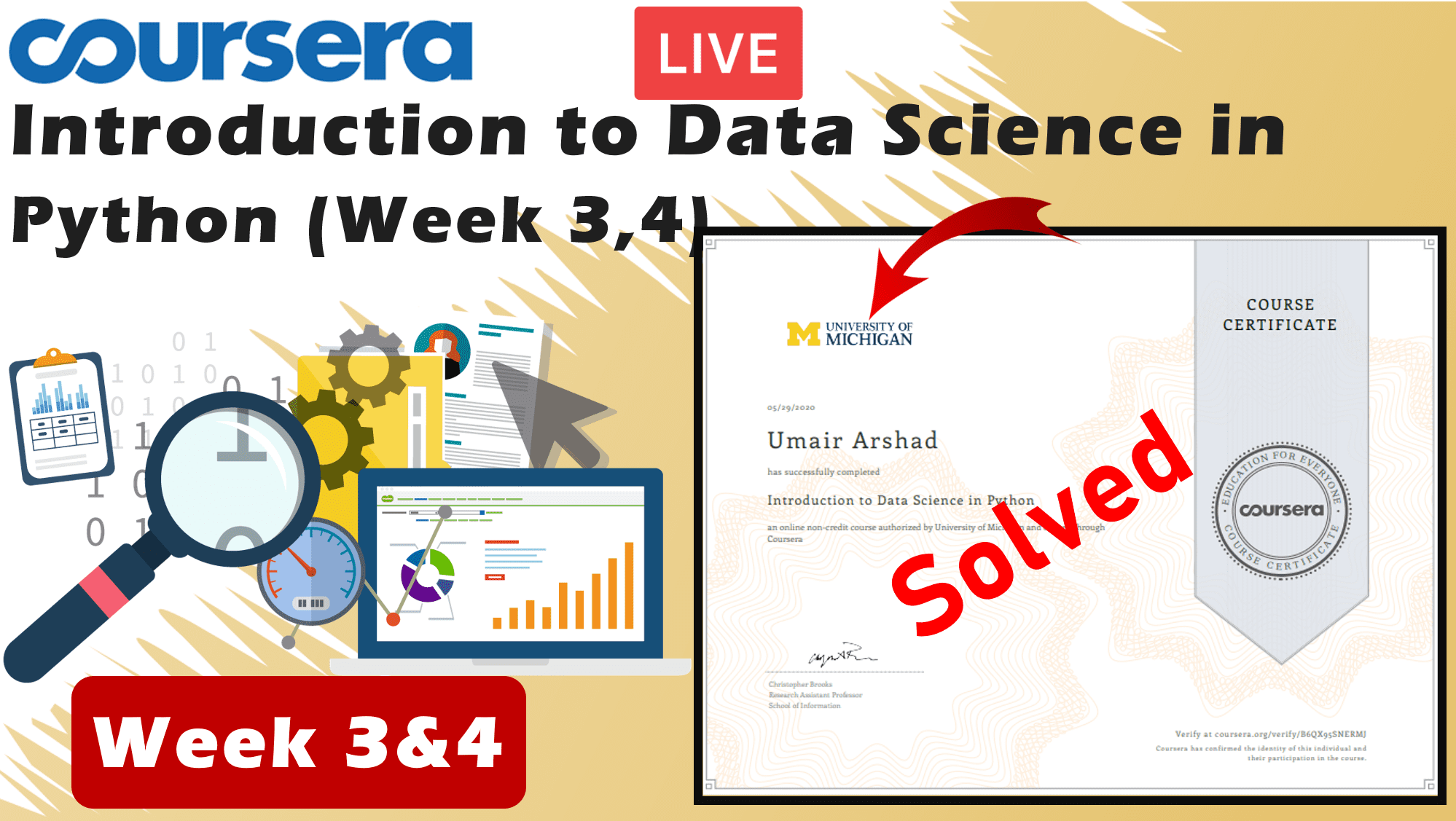Most people today know the benefits of Machine Learning, but do not know how to start a career in machine learning as a professional. Yeah, there is no doubt that loads of information are available online, but how do you know which one you can benefit from? Here we have a list to help you continue in a structured way to start a career in the field.
1 – Learn basic programming skill needed for a career in machine learning
Python for Data Science and AI
This introduction to Python will start your Python learning for data science and programming in general. This Python-friendly starting course takes you in a matter of hours from scratch to programming in Python. So no worries if you have no prior experience in python.
Click here to go to the course.
Applied Data Science with Python Specialization
The five courses in this specialization of the University of Michigan gives students exposure to python programming language for data science. This course is designed for students with basic programming experience. The students will learn common python tools like pandas, matplotlib, scientist learning, NLTK, and networkx, to apply statistics, visualizations, text analysis, and social network analytical techniques.
Click here to go to the course.
2 – Learn machine learning concepts
Machine Learning Foundations: A Case Study Approach
Through this course, you will gain practical knowledge from a variety of realistic case studies using machine learning. At the end of your first course, you will learn how to forecast house prices, evaluate consumer views, collect documents of interest, suggest the goods and lookup for pictures. At the end of your first course, you’ll be searching for pictures. this hands-on experience will enable you to apply machine learning concepts in wide domain.
[adinserter block=”2″]
Click here to go to the course.
Machine Learning – Andrew Ng
This course provides a comprehensive introduction to machine learning, data-mining, and identification of statistical patterns. The topics of this course include supervised learning, unsupervised learning, and best practices in machine learning. You will be taught how to apply learning algorithms to smart robots, text analysis, computer vision, medical information technology, database mining, etc. The course will also include case studies and applications.
Click here to go to the course.
Machine Learning: Clustering & Retrieval
In this course, you will learn various clustering techniques used in machine learning. You will have hands-on experience in real-world large data sets. You will be taught the best practices used in the industry. By the end of this course, you will learn different clustering algorithms and their usage in different scenarios.
Click here to go to the course.
Machine Learning: Classification
In this course, you will build classifiers that perform a wide range of tasks. You will learn the best practices and the most effective strategies. This course is realistic and full of visualizations and examples of how these techniques perform on actual data.
Click here to go to the course.
Machine Learning: Regression
You will explore regularised linear regression models for the prediction and feature selection in this course. You will manage very large ranges of features and choose between different models with various complexities. The effect of aspects of the data will also be analyzed. You will learn to use optimization algorithms that scale to large datasets to adapt to these models.
Click here to go to the course.
Bayesian Methods for Machine Learning
Bayesian methods are a crucial and powerful technique in machine learning and other fields. From game development to drug discovery, it has a wide variety of applications. Some features of these methods are handling missing data, extracting information from small datasets, compress model to hundred folds, and much more. How to describe a probabilistic model and how to predict using it. We will see how this workflow can be streamlined and how it can be optimized using advanced techniques.
Click here to go to the course.
[adinserter block=”2″]
3 – Advance topics
Introduction to Deep Learning
Now you are familiar with machine learning concepts it is good to learn new dimensions in the field. The purpose of this course is to allow students to learn and understand the basics of modern neural networks and their applications. Learners will be able to use pre-learned ML concepts in the frameworks of TensorFlow and Keras to describe complex modern architectures. In the course, a profound neural network is implemented by the learners for underwriting images to overcome the question of providing a text definition for a data image.
Click here to go to the course.
Natural Language Processing
This course covers a wide range of concepts of Natural language processing from basic to advanced. In this course, you will be able to learn how to do emotional analysis, summarization, dialog monitoring, and many other skills. One of the hottest topics in the NLP is dedicated to the final phase in which you’re going to create your own chatbot.
Click here to go to the course.
4 – Projects
Building AI Applications with Watson APIs
In this project, you will create a chatbot. You will have practical exposure to IBM Watson and by the end of this project, you will be able to convert text-to-speech and speech-to-text skills. You will learn to have practically implement machine learning concepts to real-world applications.
Click here to go to the course.
Data Visualization with Python
The ability to tell a compelling story, to show data and results in an approachable and stimulating way is one of the main skills for a data scientist. The knowledge of how to use a data visualization software tool also allows you to extract information, understand data more clearly, and make more effective decisions. Visualizing data is very important in this field. Let’s assume you are a good ML engineer but by the end of the day you can’t convey your results efficiently would be an utter failure. In this course, you will learn different data visualization concepts, visualization software, libraries, and creating visualizations using python.
Click here to go to the course.
Obviously, machine learning is nothing without linear algebra. Many concepts are explained in the courses above, but it is better to have an in-depth site to the subject to fill rooms of improvement. To understand linear algebra for machine learning concepts in detail read 10 useful linear algebra resources for machine learning.








Leave a Comment